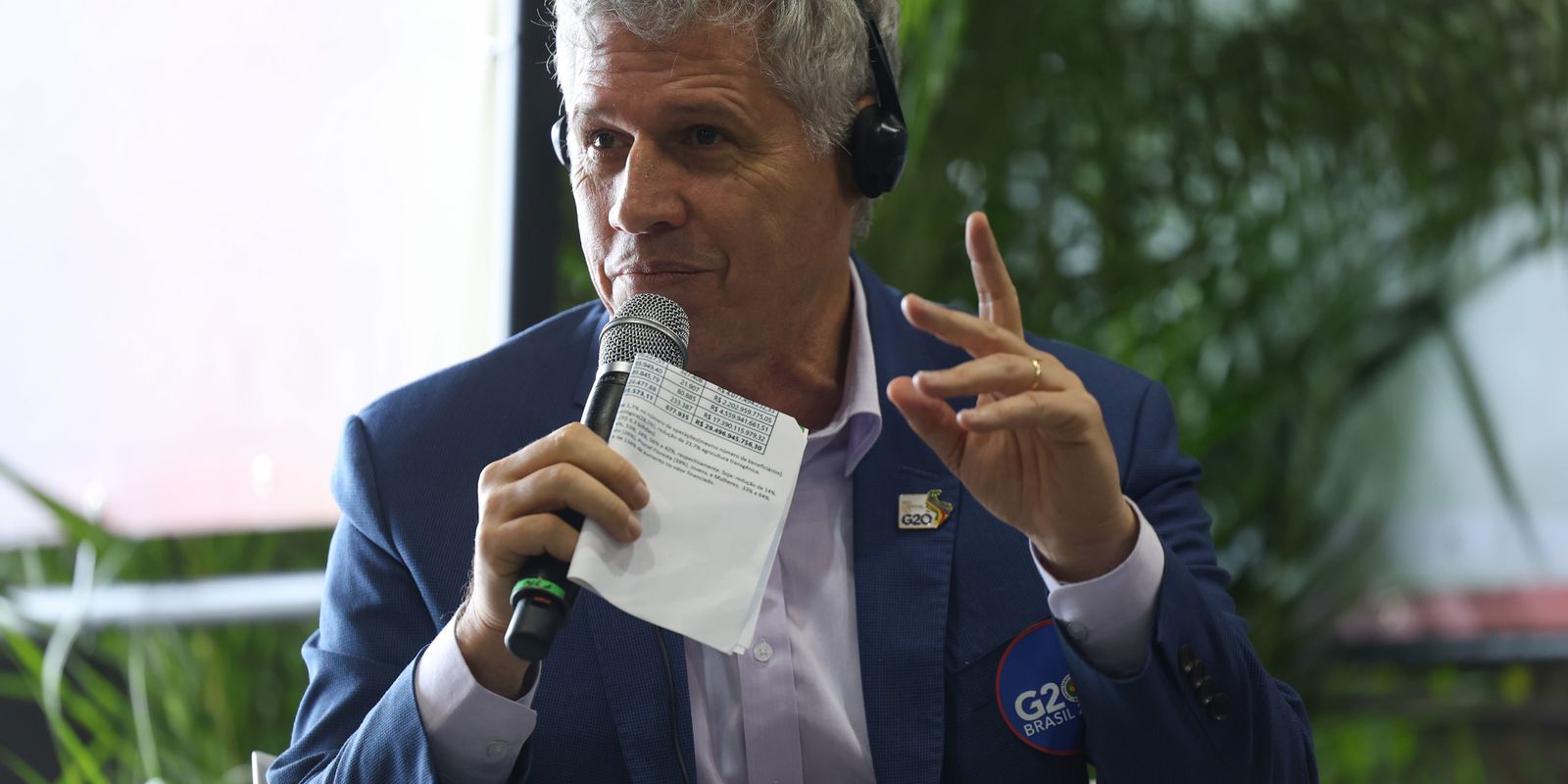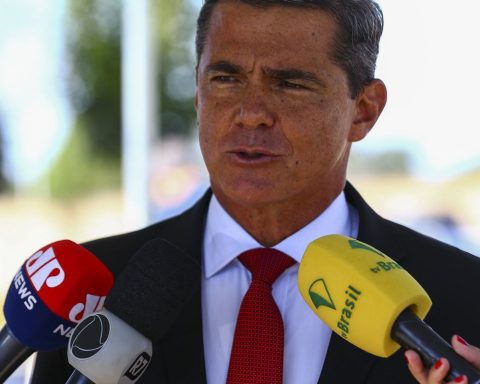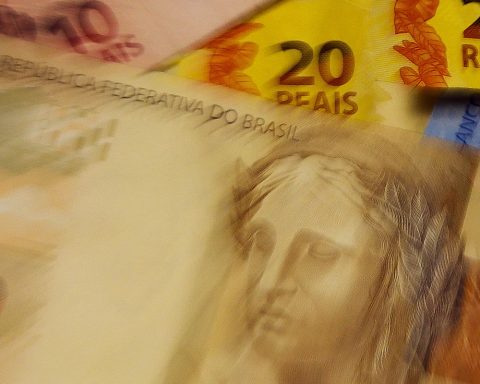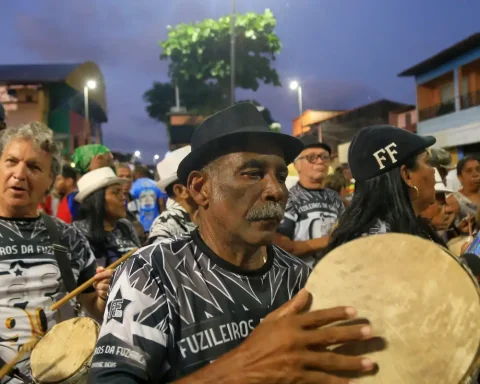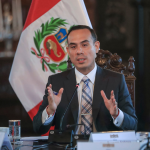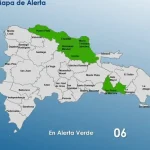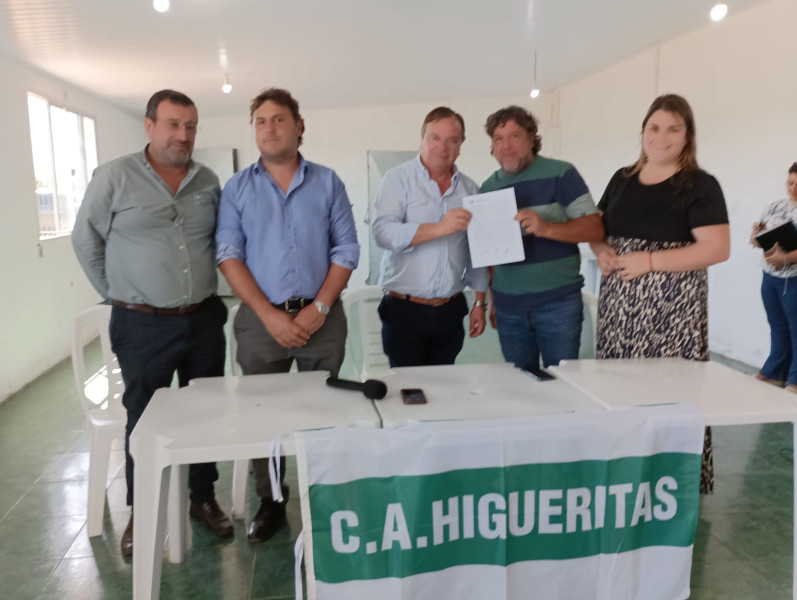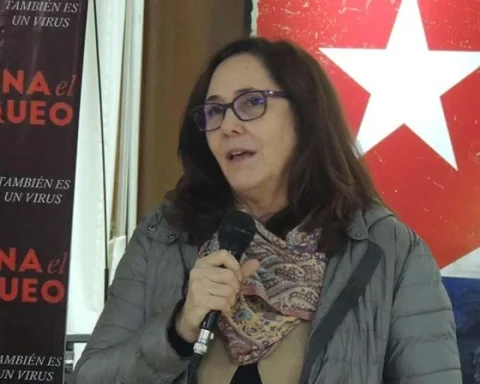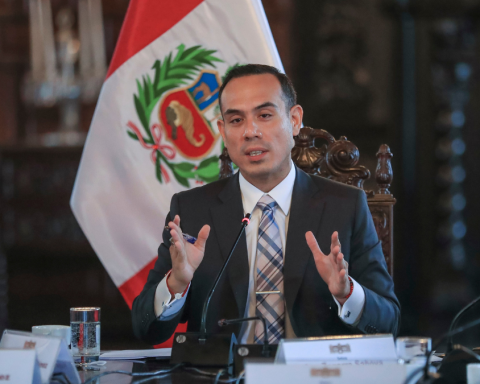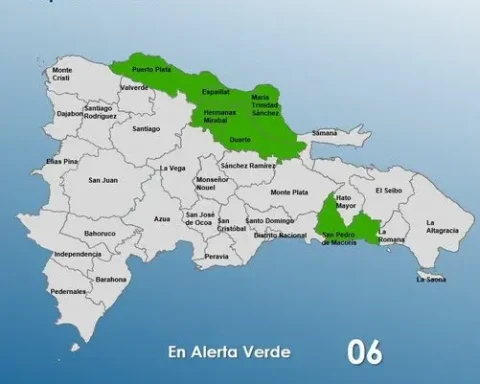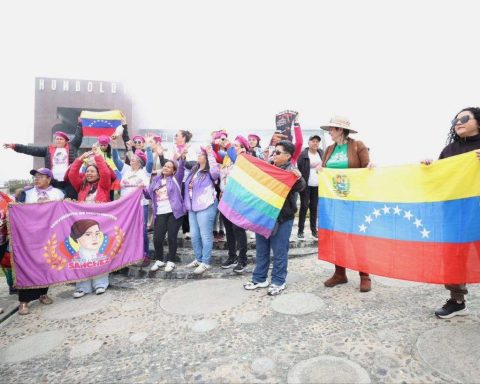After the 12% reduction in greenhouse gas emissions in 2023Brazil has a tool with the potential to further reduce the release of carbon dioxide into the atmosphere. With around 28 million hectares of degraded pastures, the country can use these areas to increase food production without deforesting a tree.
In a plenary session on sustainable development, climate change and ecological transition at the G20 Social, a parallel event to the G20 Leaders Summit, the Minister of Agrarian Development, Paulo Teixeira, highlighted the role of technology in converting the Brazilian agricultural matrix from traditional agriculture to agroecology . He highlighted the investments that the government has made in low-carbon agriculture.
“From Brazil’s point of view, agriculture will make decisive contributions [para reduzir as emissões de gases]. First, we are reducing deforestation. Secondly, we are promoting regenerative agriculture, which restores the environment, not destroys it. The recovery of degraded pastures for agriculture means recovery of carbon credits”, explained Teixeira.
For the minister, Brazilian agriculture needs investments in technology and science to change the base of chemical inputs and pesticides into an activity based on bioeconomy and agroecology. “We currently have science available, but we need to bring it to the forefront,” he declared.
In addition to investments in technology, the minister defended the restriction of credit to producers who deforest and burn the Amazon. “We need to call bank managers in the Amazon and ask them to stop granting credit to low-quality agriculture and livestock. They increasingly have to finance higher productivity agriculture, which recovers the forest,” he stated.
Investments
The minister cited a series of figures that show the increase in federal investments in agrarian development and family farming. According to Teixeira, in the last four months, investments have increased by 30% in organic agriculture, 40% in productive forests and 50% in bioeconomy. The rise, he highlighted, came after changes to the rules of the National Program for Strengthening Family Farming (Pronaf).
Minister Paulo Teixeira announced that he presented to the Amazon Fundreactivated last year, a R$1.5 billion project for cooperatives associated with agroforestry systems. They will receive technical assistance and rural extension to modernize agricultural practices in the Amazon. “We need to put an end to fire in agricultural management and introduce more modern techniques. We want to plant food and ‘plant’ water by resurrecting a degraded area,” said Teixeira, to applause from the audience.
The minister reinforced that the agroforestry program gives priority to recovering vegetation in settlements created in the Amazon during the military dictatorship and currently degraded. According to Teixeira, the initiative has yielded results, with an increase in the income of populations that adhere to the model.
“The program enables forest regeneration with productive species that brings superior income results for those who live there. Açaí yields 10 times greater results for producers than soybeans. Cocoa also produces more [por hectare] than landowner cultures,” he said.
Teixeira announced a 20% increase in the mechanization of family farming, a 30% increase in financing for young family farmers and a 40% increase for female family farmers. The minister also announced investments in traditional communities, with the purchase of R$32 million of agroecological products from quilombola communities by the National Supply Company (Conab).
Environment
The executive secretary of the Ministry of Environment and Climate Change, João Paulo Capobianco, who represents minister Marina Silva, who is at the United Nations Conference on Climate Change (COP29), in Azerbaijan, cited government advances in recent years . He said that the country still has a lot to do, but listed progress, such as 30.6% drop in deforestation in the Amazon and 25.7% in the Cerrado in one year, and the creation of the ecological transformation plan.
Capobianco also highlighted the signing of a pact between the Three Powers for the ecological transition. The document was signed in August by President Luiz Inácio Lula da Silva and the presidents of the Chamber of Deputies, Arthur Lira; from the Senate, Rodrigo Pacheco; and of the Federal Supreme Court, minister Luís Roberto Barroso.
Finally, the executive secretary highlighted the launch of Development Credit Letters (LCD)a title from the National Bank for Economic and Social Development (BNDES) to finance development projects, including sustainable enterprises.
Approved in June, the financial instrument was launched in October, just before COP29. “Our deadline was to launch the paper in February, but we brought it forward to show Brazil’s commitment to the environment,” said Capobianco.
